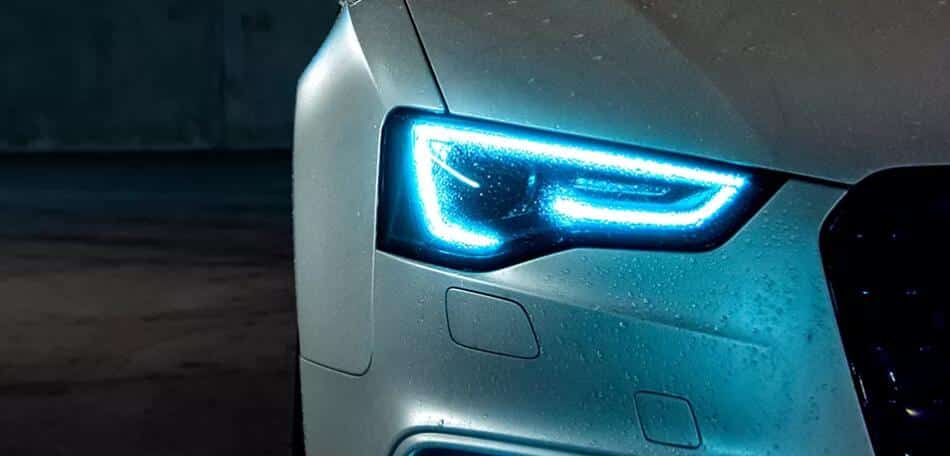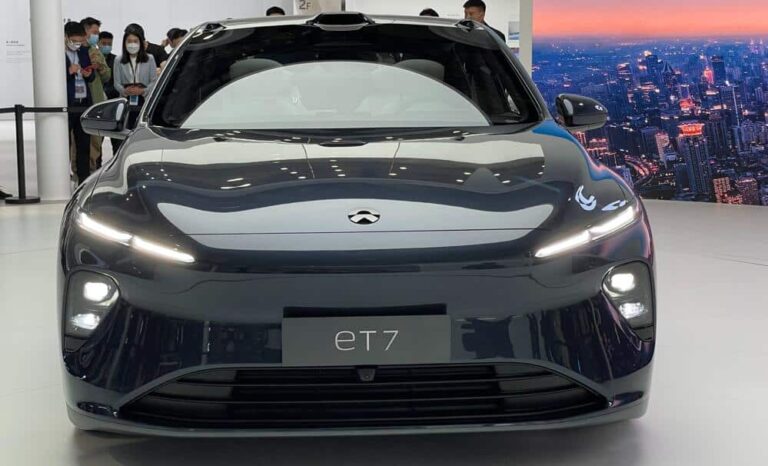This article from WeChat account shentucar explains why Mercedes-Benz, BMW and Audi, the dominant players in the luxury car market, have suffered a spectacular defeat in China's EV market.
Link to original article (in Chinese):
https://mp.weixin.qq.com/s/x1fCSXqxi5U9-C_irYecBA
Main points:
Even if the prices of Mercedes-Benz, BMW and Audi's electric cars are reduced by RMB 100,000 - 200,000, their specifications still lag behind the new Chinese carmakers who are only a few years old across the board and do not even support OTA.
The driving experience tends to be similar to that of a fuel car, and there is no advantage in range, but the price of their electric cars is very high, so it is obviously difficult to impress consumers.
At present, the electric cars launched by Mercedes-Benz, BMW and Audi are all based on fuel car modifications, not on a dedicated pure electric vehicle platform, which has the advantage of low cost, but the vehicles lag behind in performance and intelligence.
Mercedes-Benz, BMW, Audi's advantage is built on the engine and transmission, but in the era of electric vehicles, it is not difficult for any car company to provide a power experience comparable to that of a luxury fuel car. The high premium and competitiveness of German luxury brands that rely on power no longer applies in the electric car era.
Tesla and the new Chinese carmakers have reshaped another set of value system about cars. People's measurement of electric cars is no longer about interior, power and handling, but range, intelligence and technology.
You can view an automatically translated version of the article at this link:
Note: Wei Xiaoli refers to Nio, Xpeng Motors, Li Auto. Weilai refers to Nio.

